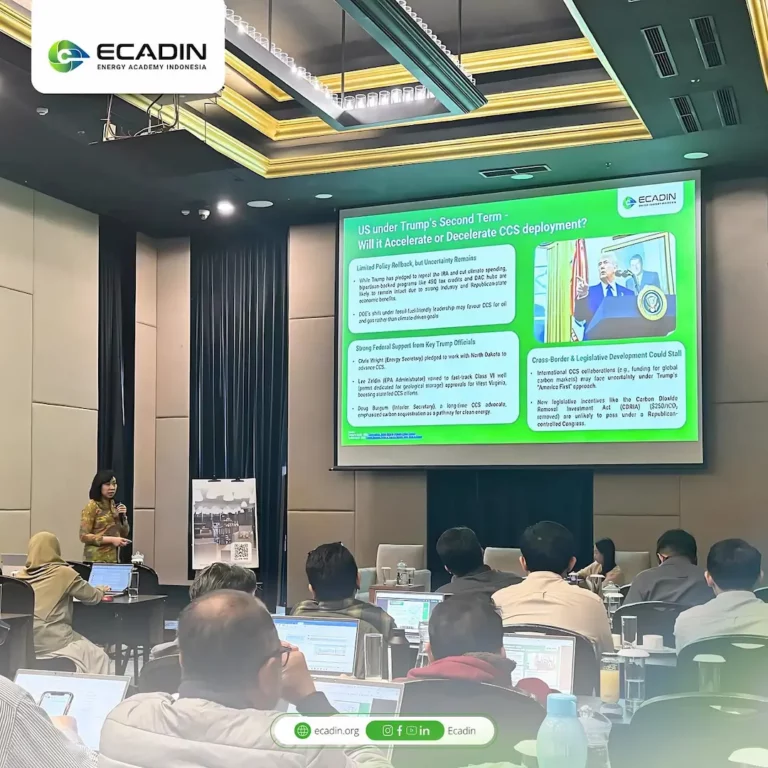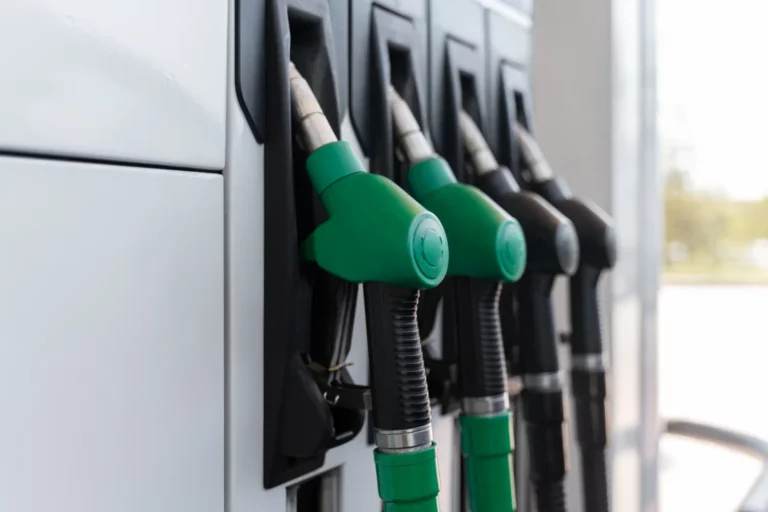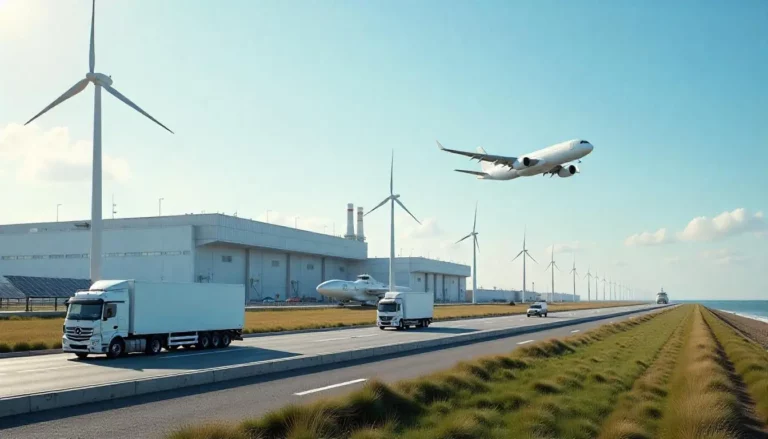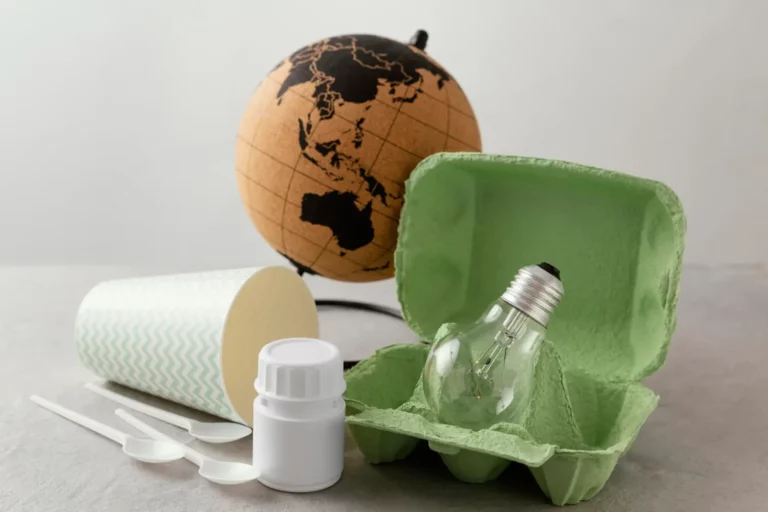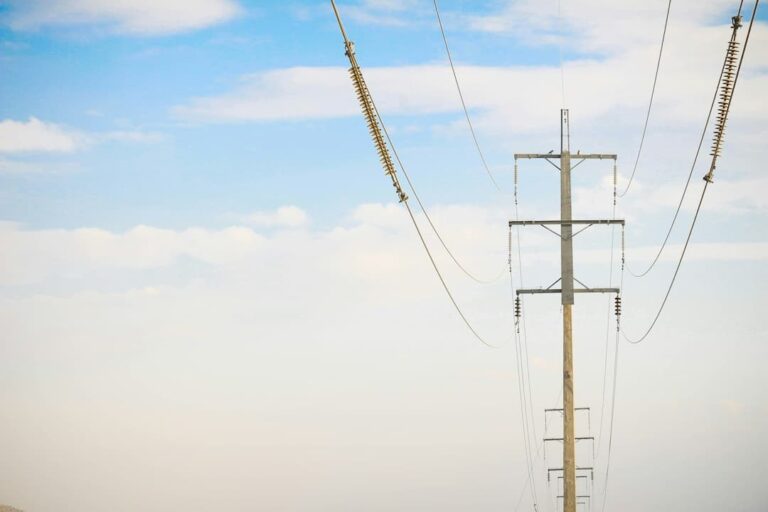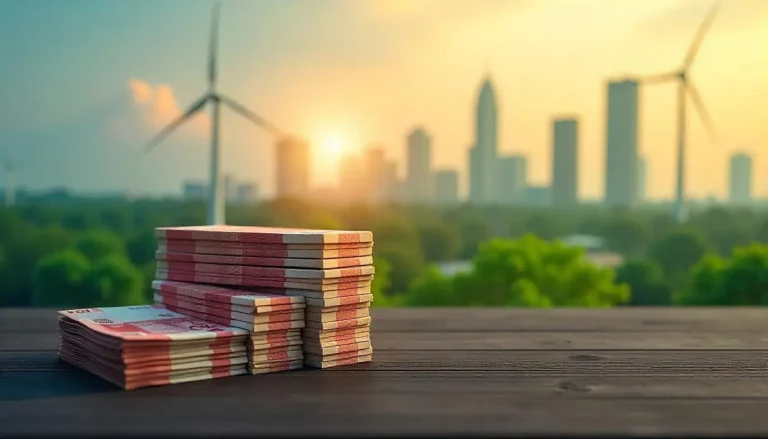The Ministry of Energy and Mineral Resources (MEMR) has officially issued the MEMR Regulation No. 4 of 2025 on Business and Utilization of Biofuels as a strategic step to support energy independence and the transition to more environmentally friendly fuels. This regulation replaces the previous rules, namely MEMR Regulation No. 32 of 2008, which had been revised multiple times, most recently through MEMR Regulation No. 12 of 2015.
The new regulation focuses on the development and utilization of biofuels with a broader scope and stricter oversight. Hence, what new aspects have been accommodated in this regulation? Below are the explanations, detailed scrutiny, and regulatory comparison outlining the key aspects specified within the MEMR Regulation No. 4 of 2025, which is expected to govern the future improvement of Indonesia’s biofuel production and utilization.
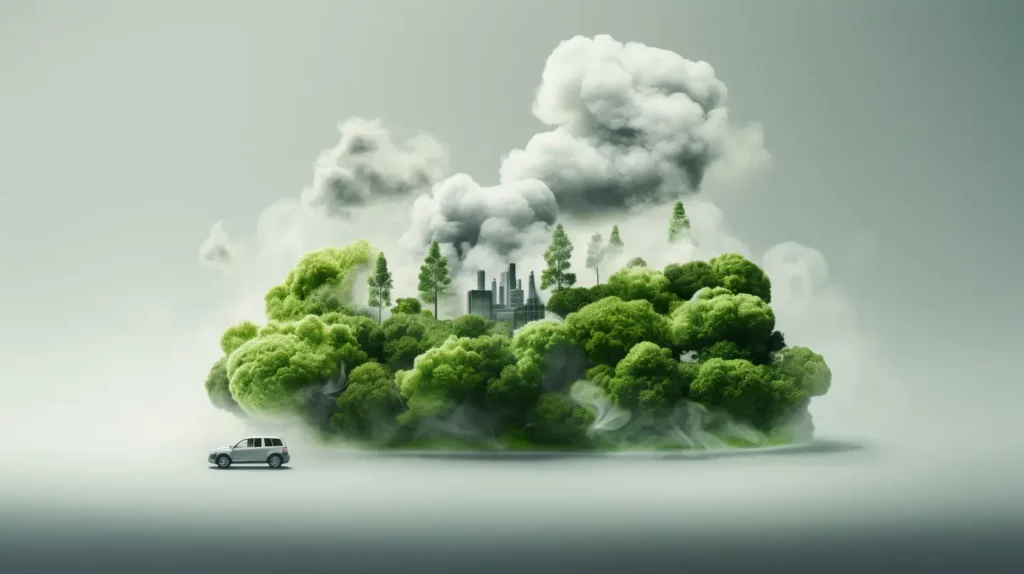
Introduction of New Biofuels: D100 and J100
One of the key advancements in MEMR Regulation No. 4/2025 is the introduction of Diesel Biohydrocarbon (D100) and Bioavtur (J100), expanding Indonesia’s renewable energy portfolio. D100, Hydrotreated Vegetable Oil (HVO), is made from renewable feedstocks like Refined Bleached Deodorized Palm Oil (RBDPO) through an advanced hydrotreating process. This green diesel is not only environmentally friendly—cutting carbon emissions by 65–70%—but also practical, as it can be used directly in diesel engines and generators without blending [1]. With International Sustainability and Carbon Certification (ISCC) in hand, D100 is officially recognized for its contribution to sustainable energy. Pertamina RD (Renewable Diesel), a part of this initiative, has even powered major events like the Jakarta E-Prix 2021, demonstrating its quality and scalability with a production capacity of 3,000 barrels per day [1].
Meanwhile, J100 is a type of Sustainable Aviation Fuel (SAF) made entirely from renewable sources such as palm oil derivatives (Refined, Bleached, and Deodorized Palm Kernel Oil or Used Cooking Oil (UCO), biomass, and alcohol-based materials [2]. These are processed using certified methods like Hydrogenated Ester Fatty Acid (HEFA), Fischer-Tropsch (FT), and Alcohol-to-Jet (ATJ) [2]. This SAF meets ASTM D7566 standards, meaning it can safely replace conventional jet fuel in existing aircraft [2].
Biofuel Production and Supply Chain
Biofuel production and distribution in Indonesia will be handled by licensed Biofuel Business Entities that are responsible for multiple activities, including:
- Processing plant-based and organic waste materials into biofuels;
- Purchasing raw materials from domestic sources;
- Sales, transportation, and marketing of biofuels to consumers or other business entities;
- Storage, requiring all biofuel businesses to maintain adequate facilities;
- Export, which is permitted only after domestic needs are met [3].
A key restriction in the regulation is that biofuel imports are strictly prohibited, reinforcing the government’s commitment to promoting local production.
Obligations of Biofuel Business Entities
Under Article 11 of MEMR Regulation No. 4/2025, Biofuel Business Entities are required to:
- Ensure the availability of biofuels to meet domestic needs on a continuous basis;
- Utilize and prioritize biofuels from domestic production;
- Guarantee and take responsibility for the standard and quality of biofuels traded, ensuring they comply with the specified standards and specifications, up to the distributor or consumer level;
- Ensure the provision of adequate facilities and infrastructure for biofuel business operations;
- Guarantee and take responsibility for the use of equipment, accuracy, and measurement systems that comply with regulatory standards;
- Possess and use a specific name and trademark;
- Prioritize the fulfillment of domestic needs;
- Ensure biofuel selling prices remain at a fair level;
- Submit data and reports on biofuel business operations, including pricing, to the Minister on a monthly basis or as required;
- Use goods and equipment that meet regulatory standards;
- Apply engineering principles;
- Prioritize the utilization of domestic goods, services, technology, and engineering and design capabilities;
- Prioritize the employment of Indonesian workers, considering the use of local labor in accordance with the required competency standards;
- Ensure occupational health and safety (K3) and environmental protection;
- Support local community development [3].
Mandatory Biofuel Blending with Conventional Fuels
A major component of the regulation is the mandatory blending of biofuels with conventional fossil fuels, which ensures wider adoption of renewable energy. The blending rules are as follows:
- Biodiesel → Mixed with diesel fuel;
- Bioethanol → Mixed with gasoline;
- Bioavtur → Mixed with aviation fuel;
- Diesel Biohydrocarbon → Mixed with diesel fuel [3].
To further strengthen the domestic biofuel industry, Biofuel Business Entities must prioritize locally produced biofuels for blending. Additionally, pure biofuels (B100, E100, J100, D100) can only be used for personal purposes and cannot be sold or imported. However, when blended with fossil fuels, biofuels can be commercially distributed to consumers.
Incentives for Biofuel Development
To encourage biofuel investment and production, the government is offering fiscal and non-fiscal incentives to Biofuel Business Entities. These include simplified licensing processes and industry awards. Additionally, users of biofuels and blended fuels will benefit from carbon economic value schemes, which could further drive Indonesia’s green energy transition [3].
Technical Standards, Occupational Health and Safety (OHS), and Sanctions
Strict compliance with technical standards, occupational health and safety (OHS), and environmental regulations is required for all biofuel companies. Each entity must appoint a Chief Biofuel Engineer responsible for ensuring that operations adhere to industry safety and environmental standards. The regulation mandates:
- Adherence to biofuel quality and safety standards;
- Prioritization of domestic products and technological potential;
- Regular technical inspections and safety assessments;
- Compliance with work competency standards to maintain operational safety [3].
Failure to meet these requirements will result in strict penalties. Non-compliant companies will face sanctions, which include written warnings, temporary suspension of operations, and business license revocation if the violation is not corrected within 60 days.
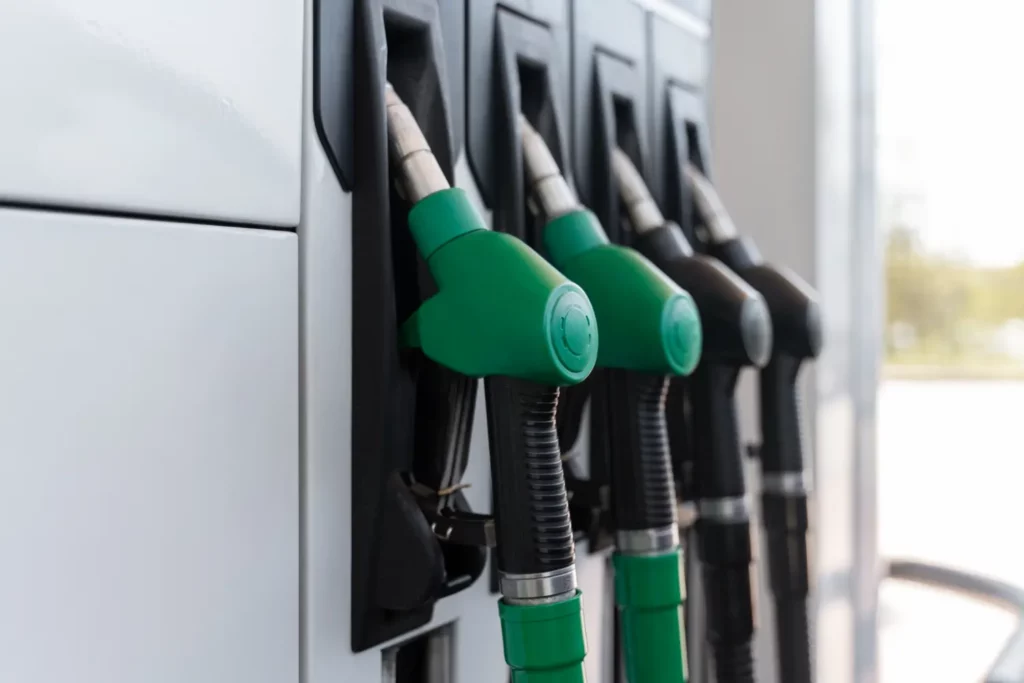
Comparison with Previous Regulations
MEMR Regulation No. 4/2025 introduces several key improvements compared to previous regulations. Unlike the 2015 and 2008 regulations, which only covered biodiesel (B100) and bioethanol (E100), the 2025 regulation adds Diesel Biohydrocarbon (D100) and Bioavtur (J100), expanding Indonesia’s biofuel industry to aviation and heavy machinery. Additionally, pricing regulations are now more flexible, with monthly evaluations, ensuring fair market pricing [3].
Government oversight has also been strengthened, with enhanced ministerial authority over biofuel production, technical inspections, and enforcement of penalties. Incentives are better defined, including simplified licensing procedures, while a two-year transition period allows businesses to adjust to the new regulatory framework.
The comparison with previous regulations can be seen in the table below:
| Aspect | MEMR Regulation No. 4/2025 | MEMR Regulation No. 12/2015 | MEMR Regulation No. 32/2008 |
| Biofuel Types | B100, E100, D100, J100 | B100, E100 (no D100, J100) | B100, E100 (no D100, J100) |
| Blending Mandates | It remains applicable for Biodiesel and Bioethanol, with the addition of new types such as Diesel Biohydrocarbon and Bioavtur. | Targeted 30% biodiesel & 20% bioethanol by 2025 | Initiating the phased blending scheme of biofuels (BBN) with fossil fuels (BBM). |
| Export Policy | Allowed, but domestic needs must be met first | Not explicitly regulated | Allowed but subject to evaluation from the Minister |
| Pricing Mechanism | Monthly index price (set by Ministry) | Follows 2008 rule: price set by businesses | Businesses set their own prices |
| Incentives | Fiscal and non-fiscal incentives, including simplified licensing procedures and awards | No changes from 2008 | Fiscal & non-fiscal incentives for compliant businesses |
| Monitoring | The Minister conducts regular monitoring, technical inspections, and evaluations. | No changes were made to the monitoring system from the 2008 regulation. | Monitoring is carried out by the Director General. |
| Sanctions | Written warning, temporary suspension, revocation of the license. | Same as the 2008 regulation. | Written reprimand, business activity suspension, freezing, and license revocation. |
| Transition Period | A 2-year transition period for the implementation of technical and environmental principles. | Changes are only in the annex without a long transition period. | Initiating the phased obligation for biofuel (BBN) blending. |
References:
- [1] Pertamina – Mengenal Pertamina Renewable Diesel D100: Revolusi Hijau bagi Industri Pertanian
- [2] AFDC Energy – Sustainable Aviation Fuel
- [3] Kementerian ESDM – Peraturan Menteri Energi dan Sumber Daya Mineral Nomor 4 Tahun 2025 tentang Pengusahaan dan Pemanfaatan Bahan Bakar Nabati
Written by:
Moh. Rifli Mubarak (Climate & Sustainability Officer at ECADIN)



